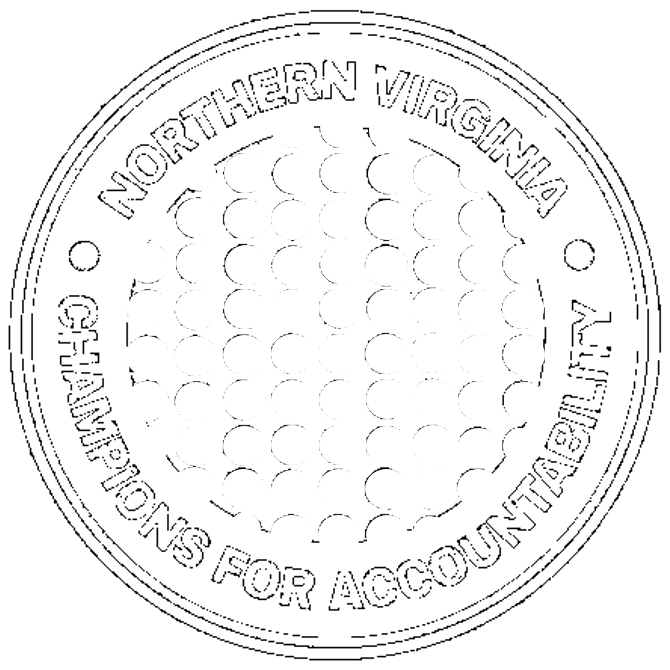The legacy of Amy Takayama-Perez is characterized by a commitment to educational opportunity, equal access, and inclusivity. According to her best friend Julie Simmons, Amy wanted to “build a longer table and make room for diverse perspectives at the table,” a goal she pursued for 23 years as the Dean of Admissions at George Mason University. Yet Amy’s time was cut tragically short when she passed away last year following a courageous battle against triple-negative breast cancer.
Nevertheless, Julie and the Community Foundation for Northern Virginia team carry on Amy’s torch through the Amy Takayama-Perez Fund for George Mason University and its scholarship programs. Here, we survey Julie’s philanthropic career with the Community Foundation and why she started a fund in memory of her best friend.
Julie Simmons and the Community Foundation
A veteran of the corporate and consulting world, Julie Simmons (a past member of the Community Foundation’s Board of Directors) has 30 years of HR experience. She founded Human Capital Strategic Consulting 14 years ago and now works as its Managing Director. In this role, Julie can “lead in a female-forward way”—indeed, the organization employs 16 women and operates in ways that reflect Julie’s values (particularly fostering professional and personal relationships).
As a Northern Virginia resident for around 30 years, Julie has focused her work in the region on networking, leadership, and “paying it forward.” Her work with the Community Foundation enables her to fulfill the latter goal, a path she started two decades ago when her professional mentor and a Community Foundation member Steve Gladis introduced her to the organization.
The introduction could not have come at a better time, as Gladis and then-Executive Director Eileen Ellsworth wanted to attract young professionals to philanthropy. They soon decided to start a donor-advised fund for this group called The Future Fund. The initiative would bring Julie into the Community Foundation’s fold.
Philanthropy and Julie’s Work on the Board of Directors
From the beginning of her work with local philanthropy, Julie prized making a difference in her community. She witnessed the deep impact of grants and scholarships firsthand—while the Northern Virginia region is prosperous and refined in many areas, many community needs still exist. As Julie herself says, “It is such a blessing to continue to give back in ways that align with my values.”
She served on the Community Foundation’s Board of Directors for the full-term limit (9 years). In that time, Julie saw grant and scholarship programs grow, organizational goals materialize, and numerous funds and programs (The Permanent Fund, The Afghan Relief Fund, Build Back Dream Forward, the Count the Region initiative, the Shape of the Region conference, and more) crop up. Watching how the region changed was her favorite part of serving on the Board.
Throughout her time with the Community Foundation, Julie has sought to strengthen the community in ways that bring access to folks who otherwise wouldn’t have robust opportunities. This is a critical point for her because folks deserve more than financial support—they should also have access to good education, healthcare, and other resources. Moreover, her interest in providing educational learning opportunities for all students brought her into contact with Amy, and it continues to inform her values and work with the Amy Takayama-Perez Fund.
The Amy Takayama-Perez Fund & One Person’s Impact
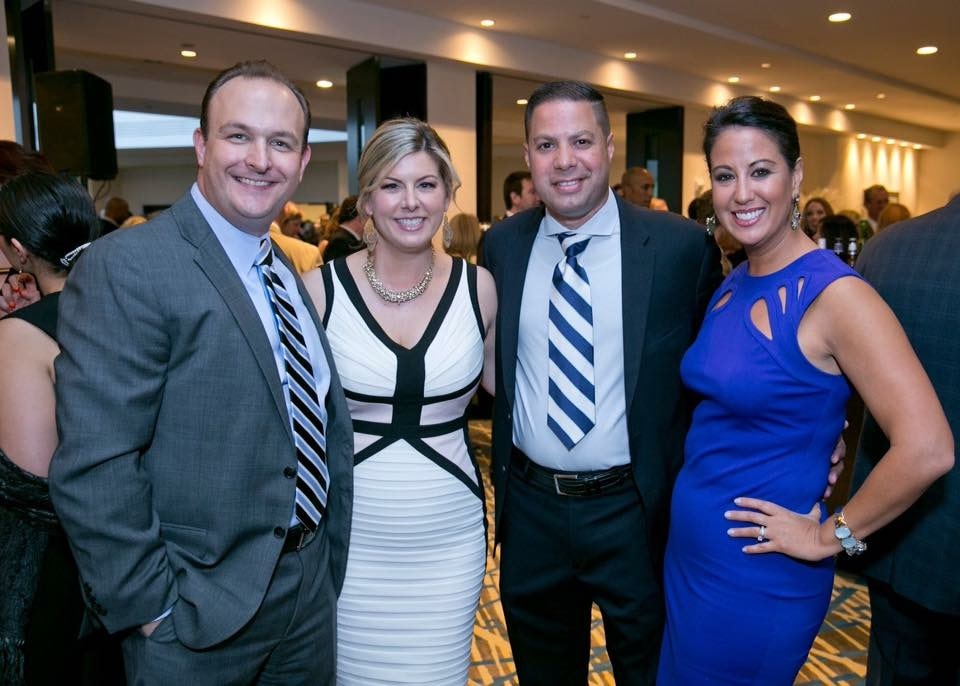
Given her friend Amy’s commitment to access and inclusivity, Julie aims to use the fund to continue those goals. In doing so, she can keep the connection between herself, Amy’s legacy, and the school alive. Amy’s dream of building a longer table will remain alive and well.
The Amy Takayama-Perez Fund created scholarships for two programs that Amy started during her George Mason tenure: the Washington Journalism and Media Conference and the Washington Youth Summit on the Environment. Furthermore, the Fund’s financial resources are intended for those who cannot attend the summits without grants or scholarships, which provides funding for underrepresented groups looking to gain experience in a potential career field.
If Julie and Amy’s stories prove anything, it is (in Julie’s words) that “Philanthropy doesn’t have to be a huge check and fundraising; it can also be an individual’s time and energy.” Indeed, Julie encourages folks to identify their interests and passions, and then use them to give back (whether that involves leveraging skills, participating in days of giving, and getting involved in the grants process by reviewing grants at an organization). The process starts with finding an organization that aligns with your values and capitalizing on opportunities for engagement.

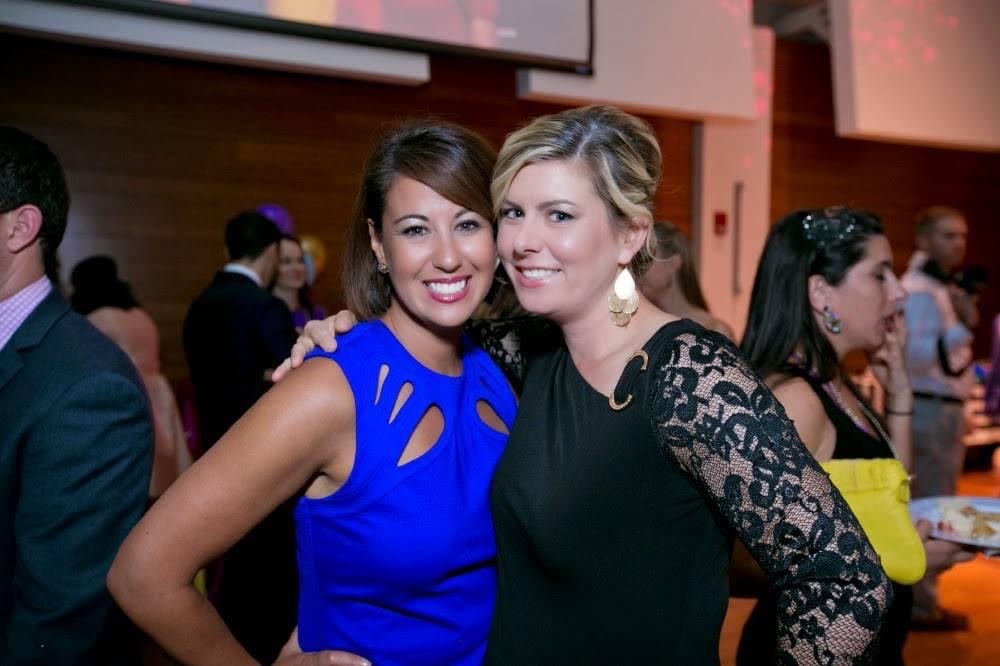
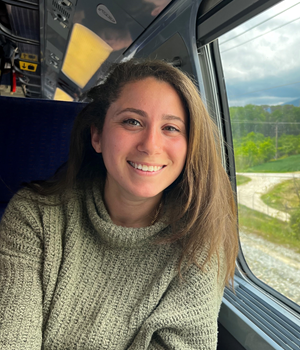 Questions?
Questions?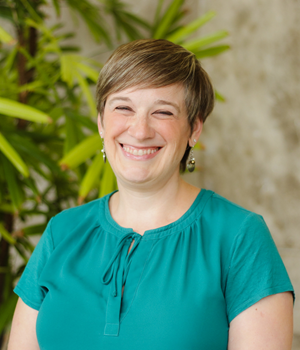 Questions?
Questions?


